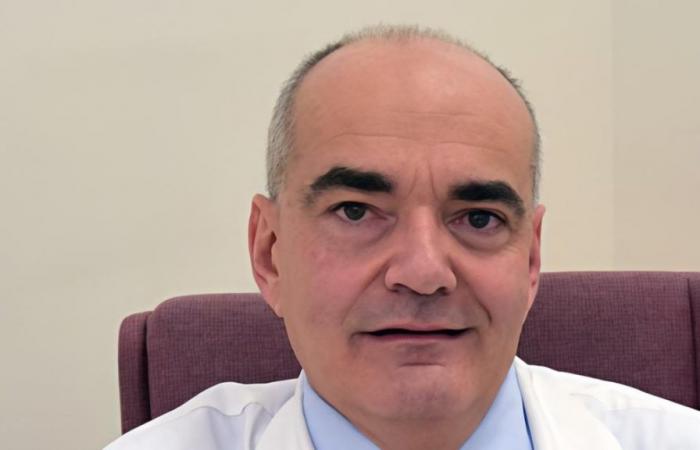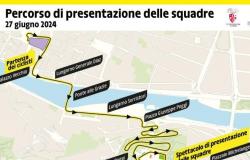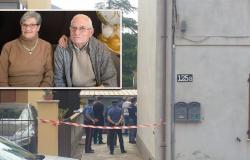The Siena University Hospital becomes part of the Tuscan Liver Transplant Network as a reference centre. This is the news that arrives on the eve of three training and information meetings for the creation of a network of skills in Tuscany for the management of patients suffering from terminal liver disease and primary liver tumors, as well as for the formalization and management of pre- and post-transplant pathways. The first appointment is held tomorrow at the Santa Maria alle Scotte hospital.
“Becoming part of the Tuscan Network for Liver Transplant means being a reference center for the vast South-East area for the diagnosis and treatment of patients with decompensated liver cirrhosis or liver cancer, for their pre-transplant evaluation and for carrying out all the tests and procedures required by the liver transplant protocol. Furthermore, the center will follow the transplanted patients in their post-transplant follow-up process”, explains Professor Stefano Brillanti, of Gastroenterology and operative endoscopy with the task of diagnosis and therapy of liver and biliary tract diseases.
The theme of tomorrow’s meeting in Siena is pre-transplant. This will be followed by the one in Arezzo on 18 October, focusing on oncological indications for liver transplantation and in Livorno on 13 December, with a focus on post-transplantation.
“The new challenges that lie ahead in the field of terminal liver failure and liver transplantation are absolutely relevant – continues Professor Brillanti –: the increase in the average age of recipients, often suffering from multiple co-morbidities, the new and emerging indications for transplant, the need for standardization in the approach to hepatocellular carcinoma, the increase in the number of patients in follow-up, are just some of the critical issues that require rationalizing clinical pathways by integrating the most recent technologies into the pathways, strengthening and coordinating the different specialties and promoting the growth of skills. The meetings organized in Tuscany lay the foundations for the creation and maintenance of a widespread network of skills throughout the regional territory, integrating the knowledge of all the specialties necessary for diffusion. shared care paths. The final objective is to offer high quality care throughout the regional territory”.






